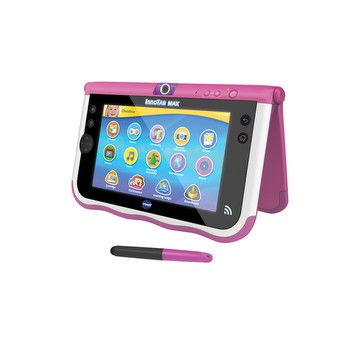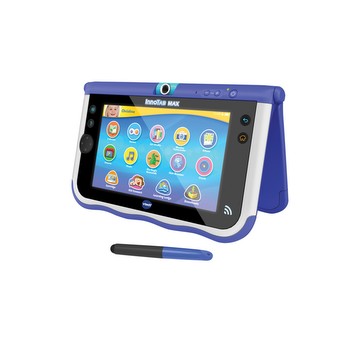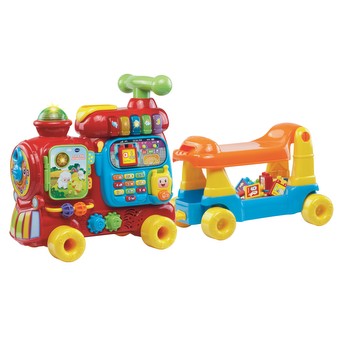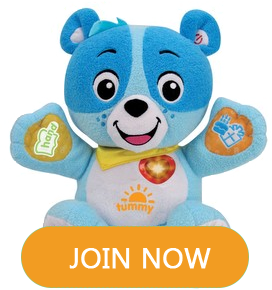Expands Vocabulary through age appropriate words.
In the first year of life infants are exposed to a spoken language but it is rare for them to be able to produce words. Baby sign language helps during this formative period where Infants understand certain words but cannot produce them verbally. Infants use symbolic language when they gesture and can even use a sign to mean a word. There is a gap between how many words babies understand and how many words that they can say. During the second year toddlers begin to produce words and are building their vocabulary; they can be using around 50 words by the middle of their second year. By the time a child is 6 years old they will have an extensive vocabulary of around 10.000 words. They achieve this large vocabulary through practice, repetition and by storing the words in their long term memory. Children learn about 5 new words a day and games and toys can help expand their vocabulary.<br /> Once a child has learned the meaning of a word it becomes part of their vocabulary; this leads to faster comprehension of text and frees up space in their working memory for new words to be learned. Object and action words are used extensively in younger children’s vocabulary. Toys and games that reflect the types of words that are most common in young children’s vocabulary reinforce learning. Objects, for example ball and table, are often pointed to and named by adults when the child is young. Action words then begin to be used, such as, ‘put the ball on the table’. The next stage in word building is the use of ‘state’ words which are words that modify the noun such as ‘my ball’ or ‘red ball’. Word games are a fun way to reinforce understanding of the pronunciation and meaning of words.



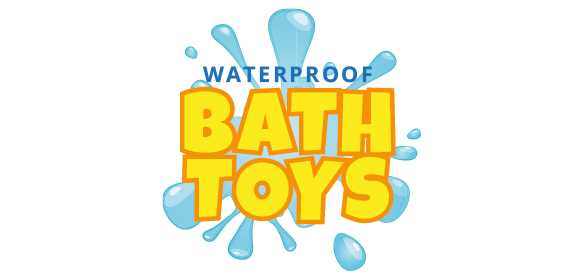
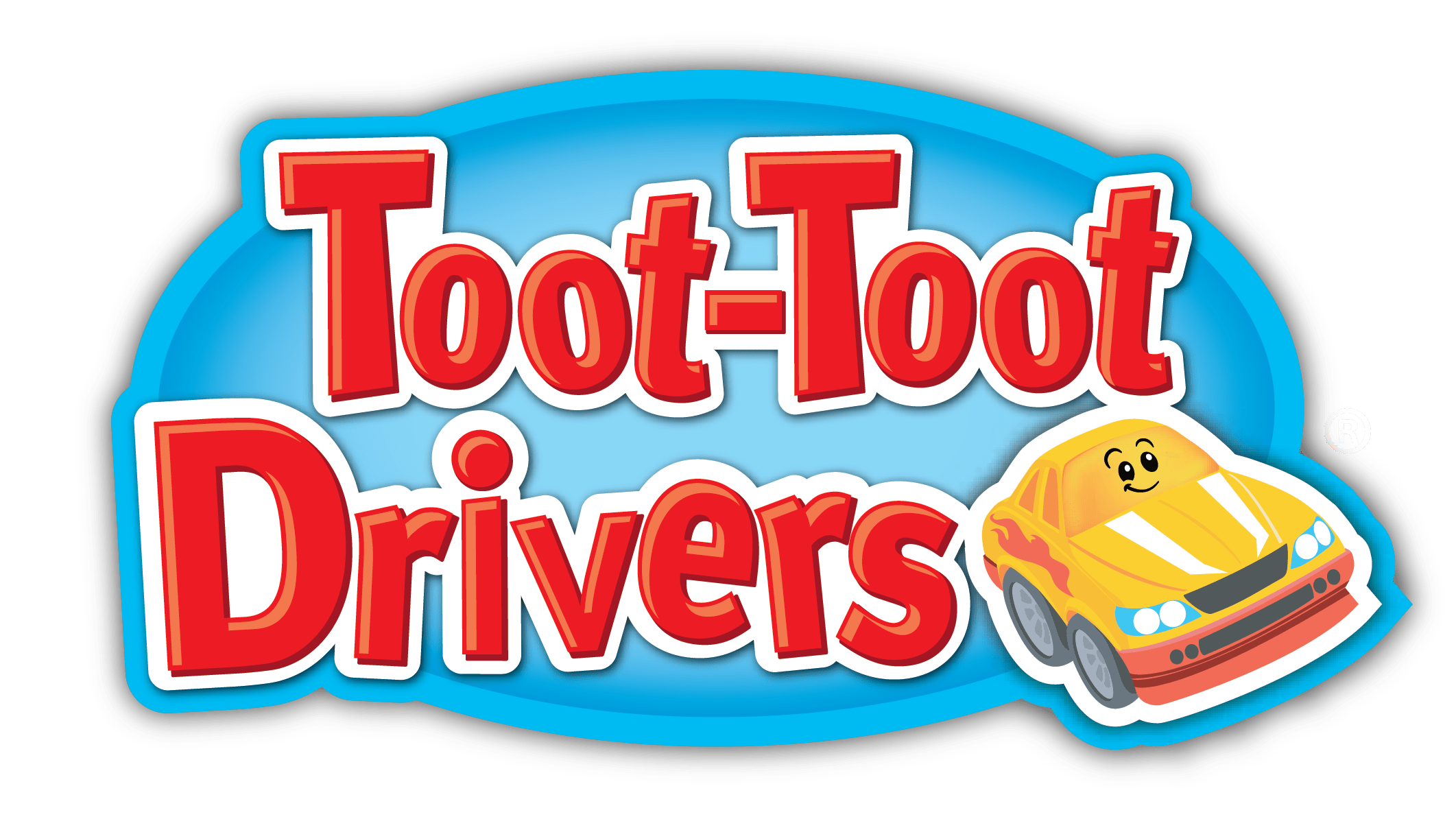



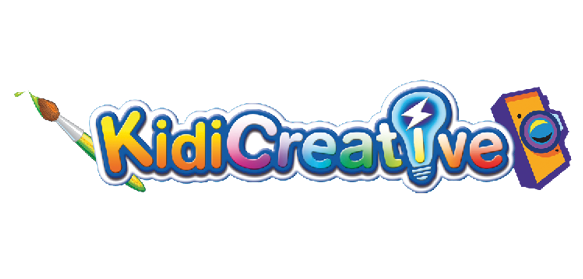

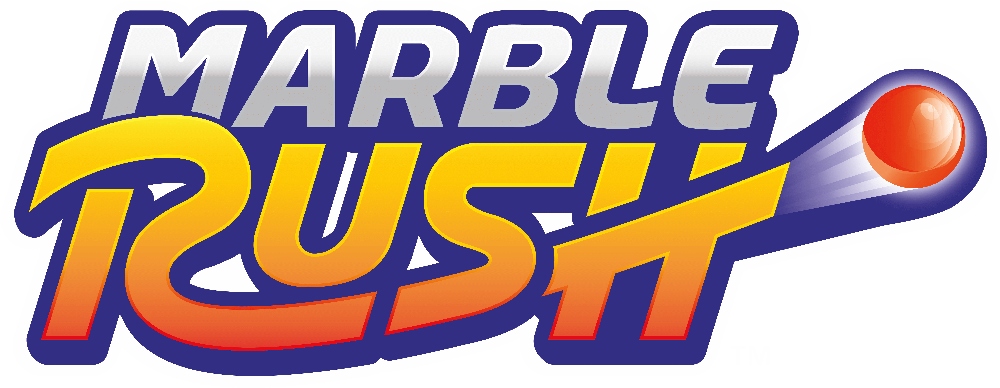
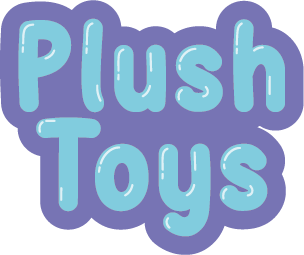

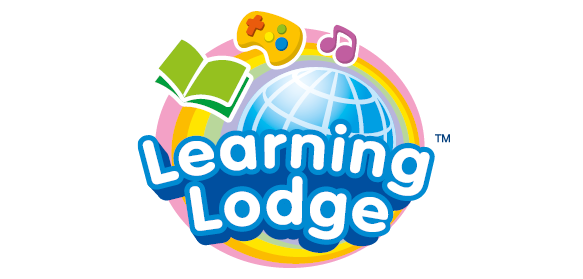 Download
Download




























